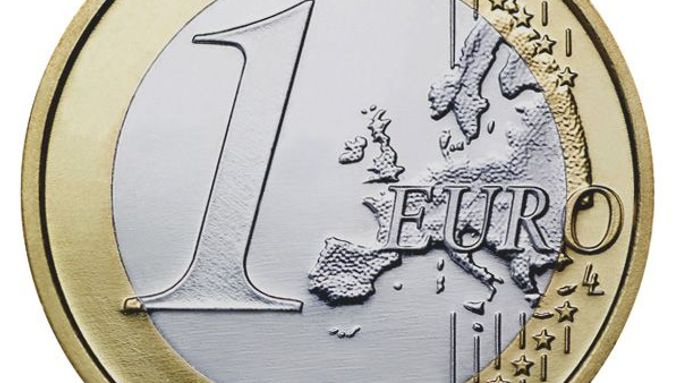Prague - The Czech Republic's progress on the road leading to the envisaged adoption of euro is far from smooth. The Ministry of Finance and the Central Bank presented a study admitting that the country has problems fulfilling one of the key Maastricht criteria for adopting the common European currency - its inflation is too high.
Last year, the only problem was deficit of public finances - inflation and other factors were in norm.
This year, though, the reforms of public spending will raise inflation above the level of tolerance. Specifically, it will be the growing indirect taxation that will do the woeful job.
Nonetheless, the Ministry assures that the inflation hike will be only temporary. "This will be just a single-shot shock; after it wanes, inflation will get back to the lower level observed in past years," explained the study.
Deficits too high for euro
From the general point of view, the key problem is ballooning public deficit. From its very admission to the European Union in 2004, the Czech Republic hasn't been able to fulfill the condition of moderate deficits.
According to the Maastricht criteria, the budget deficit can be equal to 3 per cent of the GDP, at the maximum. This year, it is expected to reach 3,4 per cent.
Concerning the other criteria, such as national debt or long-time interest rates, the Czech Republic doesn't encounter any serious problems.
The government hasn't announced so far when it expects euro to be adopted. The year 2012, the most often cited date, was recently dismissed by the Prime Minister Mirek Topolánek as "unreal".
